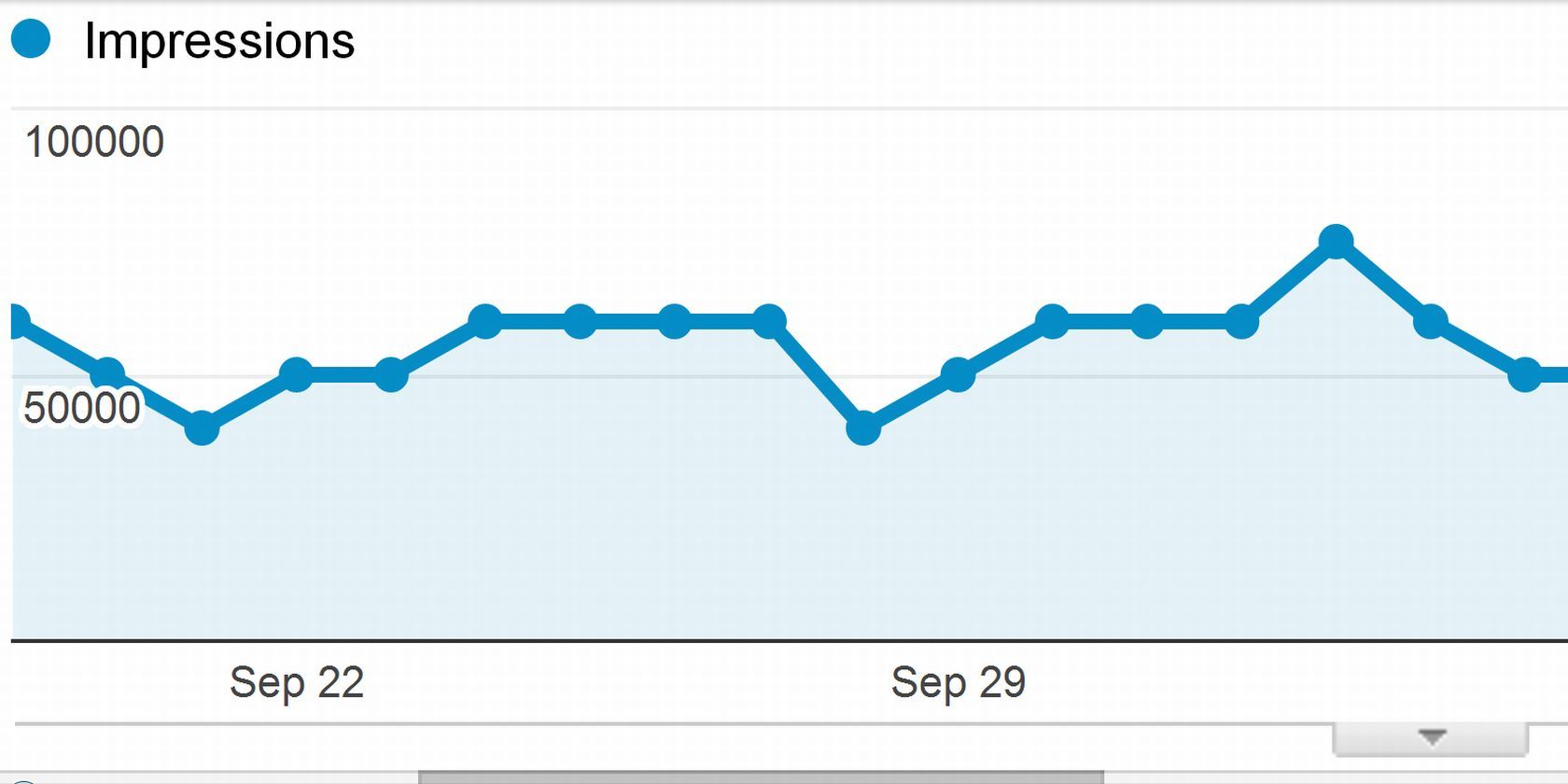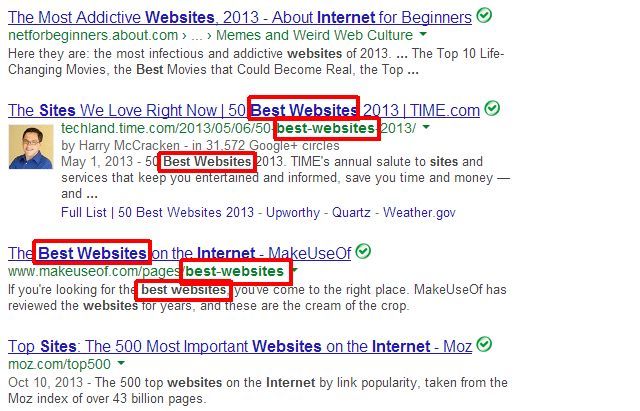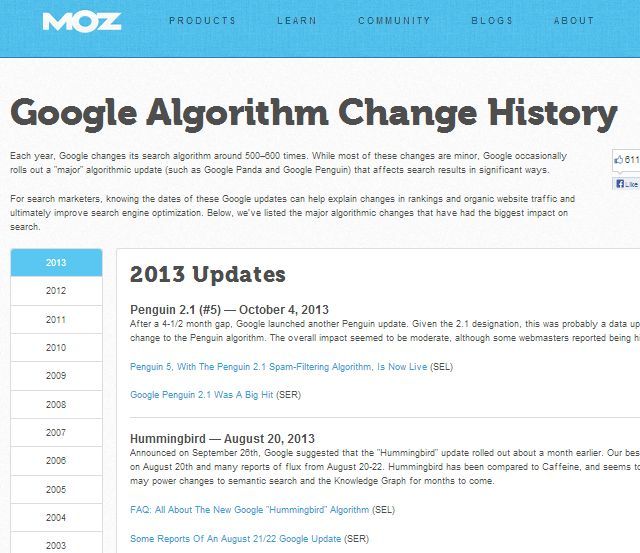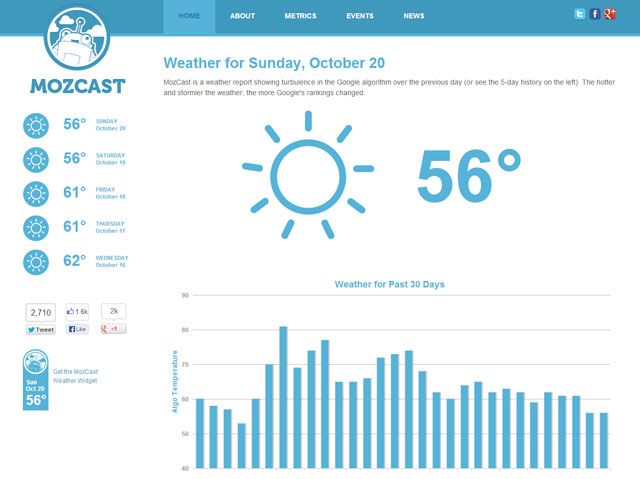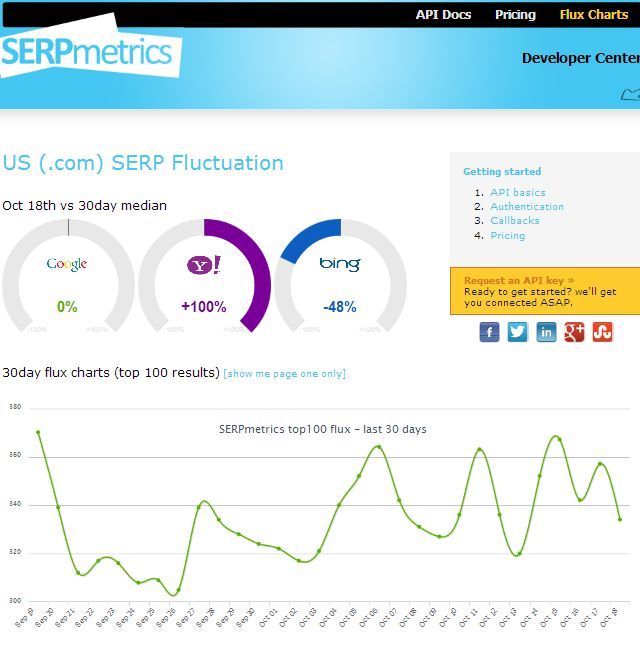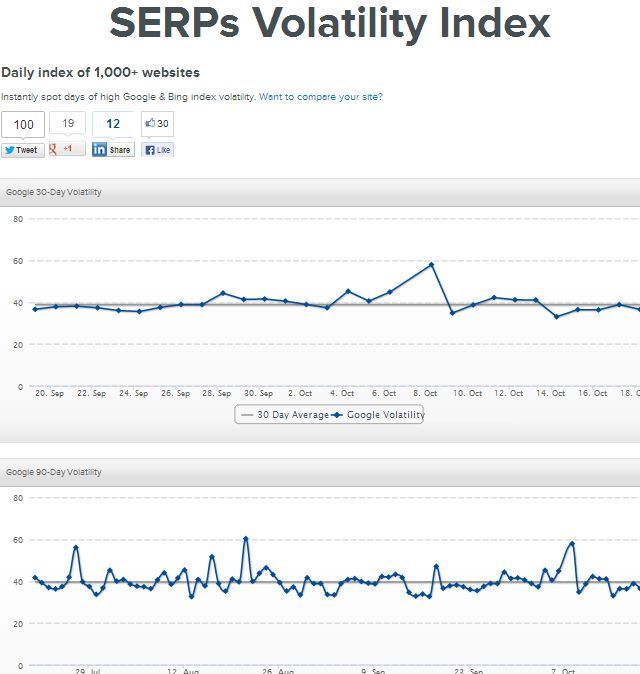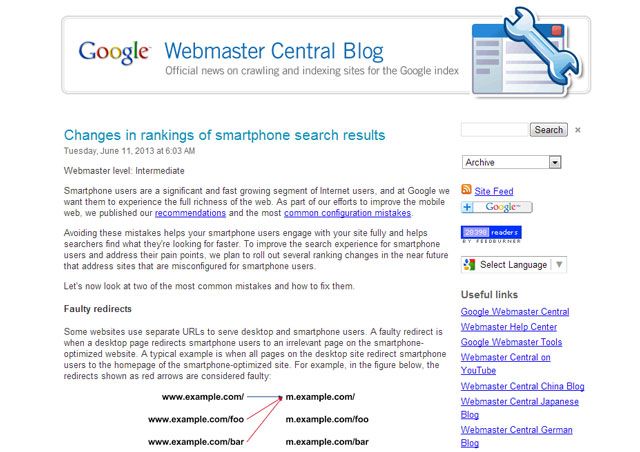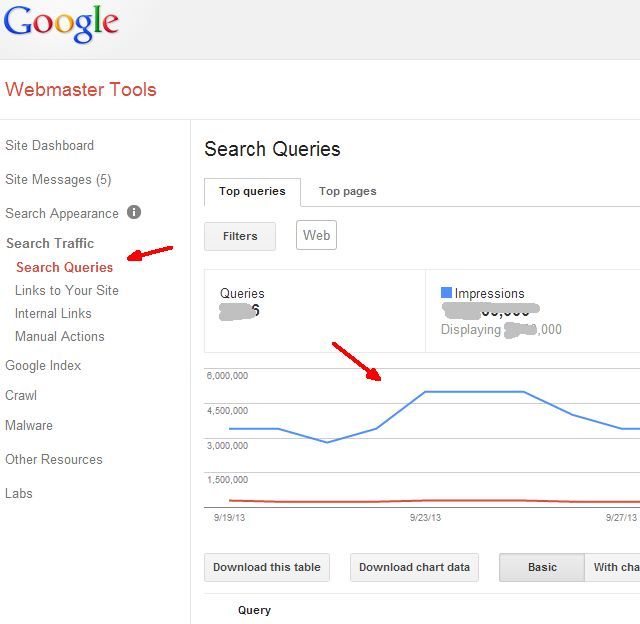Having a site that's popular in the search engines is like balancing on a log that's floating on a river. You may try to lean in the direction you think the log is going to go, but one wrong move and you're in the water. The log -- like Google's algorithm -- is very unpredictable.
The point of the game when you're trying to make your mark in Google's search listings is to know exactly when the change took place in the algorithm, and to understand exactly what changes were made.
In some cases, you'll immediately know that a search algorithm change occurred, because your traffic will shift up or down in a very big way. Other times, you may not see any traffic at all, but if you don't know about the changes, you may be missing out on some very important opportunities to grow your website's organic search traffic.
Understanding the Google Algorithm
When you type a search query into that simple-looking search field on Google search, you are actually typing an input value into a number of computer programs and formulas that Google uses to understand your search, and to go out and find the web pages on the Internet that offer the best content related to what you're looking for.
As the absolute largest and most popular search engine on the Internet, the Google algorithm has gone through many generations of changes over time -- and as of today Google's algorithms use over 200 "clues" to identify the most relevant websites, including terms on website pages, where the person entering the query is located, the Page Rank of the website, how fresh the page content is, and much, much more.
Two MOZ Resources
When Google modifies any one of those algorithms, or they add or remove any number of "clues" used to rank the relevance of different websites for various search terms, it can sometimes have a dramatic effect on your visitor traffic. One of the websites I visit several times a week just to stay on top of the latest shifts in Google Algorithms is the MOZ Google Algorithm Change page.
MOZ.com is well known as a leader in the SEO industry when it comes to following the latest Google search trends and understanding why certain ranking shifts have taken place. The change history page is updated throughout the year, whenever a significant enough shift is identified across many different IP blocks.
You can find an interesting overview of those ranking shifts resulting from Google's hundreds of algorithm changes through the year, on the MOZCast page which is meant to provide a view of "turbulence" in the Google algorithm.
It's represented as a weather forecast. As things get crazy with logs of big changes in the Google algorithm, you'll see the forecast get stormier. It's a bit simplistic, but it's a great first place to check every day for a sign of any recent changes.
Monitoring SERP Movements
Of course, when it comes to spotting big algorithm changes, the first clues come from major SERP volatility. SERP is short for "search engine results page", so SERP changes mean major shifts in what websites get listed, and where they get listed in search engine results. If there are major SERP changes, it is very often directly a result of another Google algorithm shift.
There are two great websites where you can monitor daily shifts in SERPs. The first comes from a website called SERPmetrics.
There are gauges for fluctuations in Google, Yahoo, and Bing search results, and a useful 30 day chart that shows a history of SERP fluctuations.
This resource is drawn from the index of over 1,000 websites, and reveals the 30 and 90 day SERP volatility history for both Google and Bing. Again, it's updated daily so you can catch major shifts almost immediately when they happen -- either on the same day, or the day after.
Track the Google Algorithm Through Blogs
Identifying when major Google Algorithms have taken place is certainly useful. You want to be one of the fastest webmasters to identify that a shift took place, but you also want to be one of the earliest to identify the exact changes that actually took place. This is where the various blogs can help you decipher what happened.
Of course, the best source to learn more about what's changed is straight from the horse's mouth. Even if a website owner doesn't care much about SEO, and doesn't bother reading any other SEO related blog, the one blog every website owner should follow at least is the Webmaster Central Blog.
In addition to giving you all sorts of tips to improve your website, you'll find loads of explanations in this blog about what you need to do to align your site best so that you can take advantage of the most recent algorithm changes. The updates don't blatantly come out and say that the recommendations are related to an algorithm update, but you can be sure if you follow the recommendations here, you'll do very well overall.
Of course, the other blog you would do well to follow is that of the Google SEO man himself, Matt Cutts. In his blog, he covers everything from productivity tops and television to gadgets and travel. However, the SEO category of his blog is the most updated area, and the most analyzed by SEO enthusiasts across the world.
Speaking of Google blogs, you could also frequent the official Google blog, just to see if there are any mentions about recent algorithm changes, but for the most part the official blog is just a PR engine for the company, and doesn't often focus in on those topics as much.
Monitor Your Blog For Major Shifts
While the SERP monitoring services mentioned earlier in this article can provide indication of a change, so can monitoring the overall search query impressions of your site, inside of your own Webmaster Tools account, which I've written about before here at MUO.
While there could be any number of things that shift your search standings and change the overall volume of your search impressions, a significant shift on this graph either up or down may indicate an algorithm change -- and should prompt you to visit some of the websites mentioned above, to investigate further.
The one thing I would warn against is sifting through the many SEO websites out there, where folks try to guess the specifics about algorithm changes simply from the shift in SERPs and other clues. The problem with this is that the rumors spread around even if they're not true. A good, solid SEO policy to maintain is to observe the data on your own site to try to understand what the algorithm change did, and then keep checking the Google blogs -- especially Webmaster Tools -- to determine what you need to do in order to stay on top of the game.
Do you worry a lot about Google's next major algorithm change? Or do you ignore them entirely? What's your SEO strategy in dealing with the after-effects of a major algorithm shift? Share you own thoughts, fears, and advice in the comments section below!

